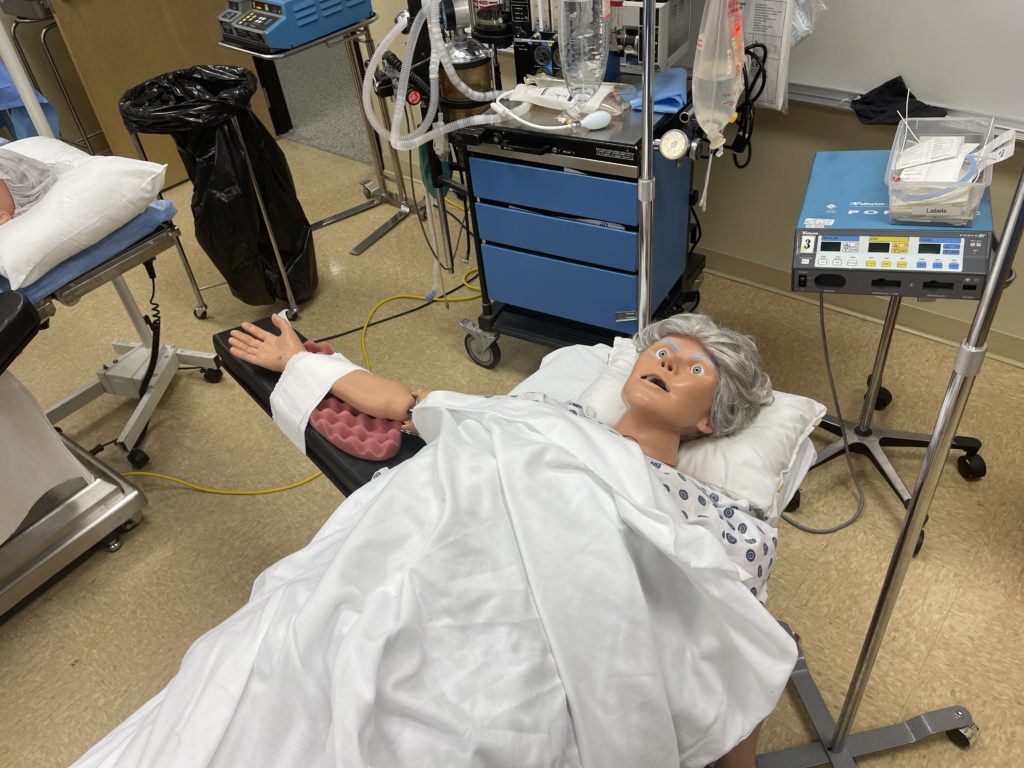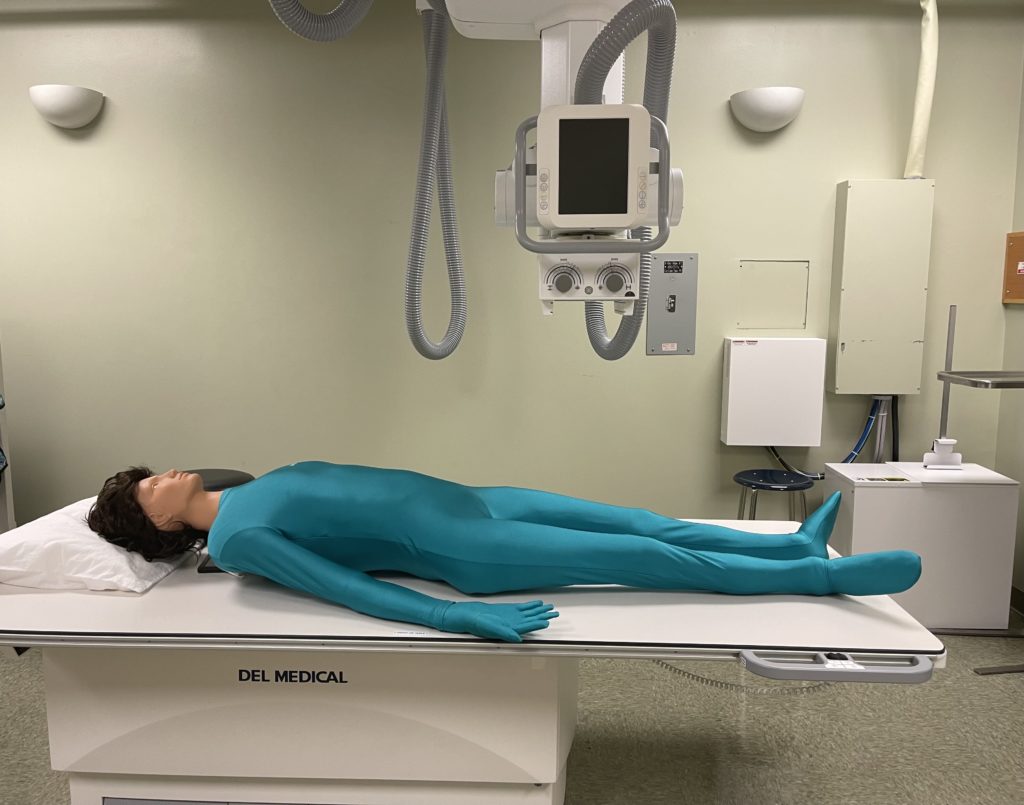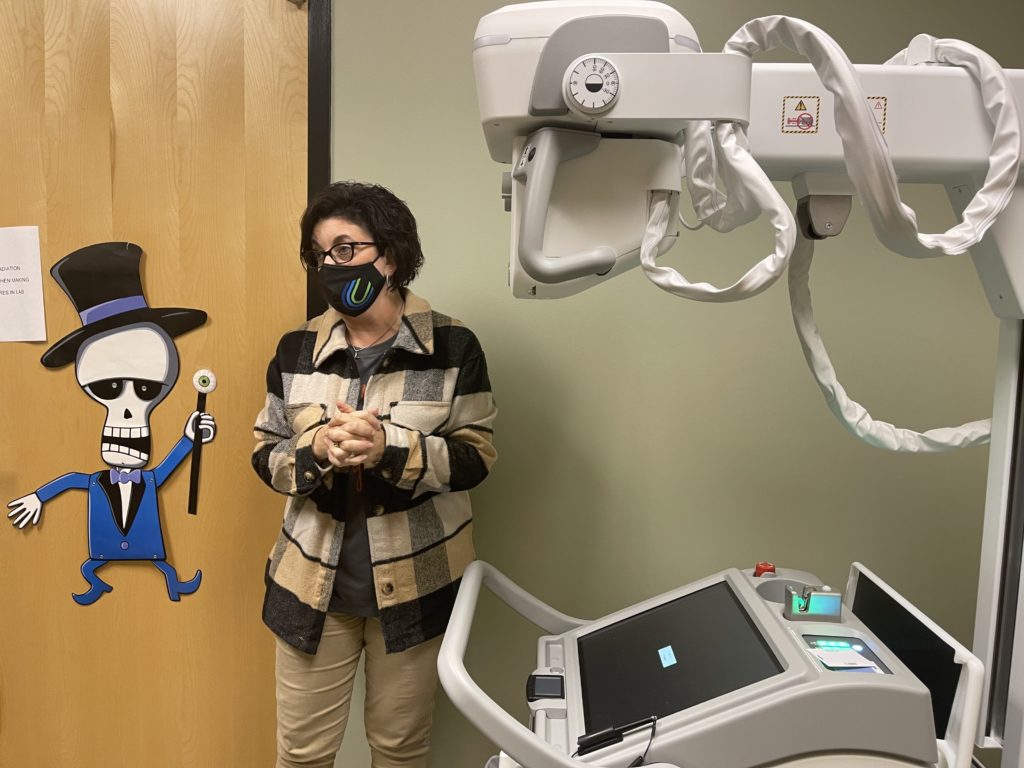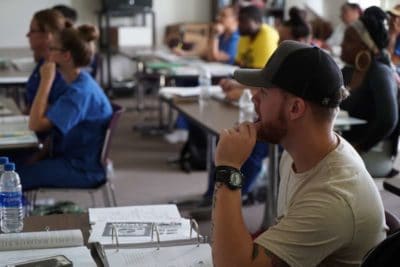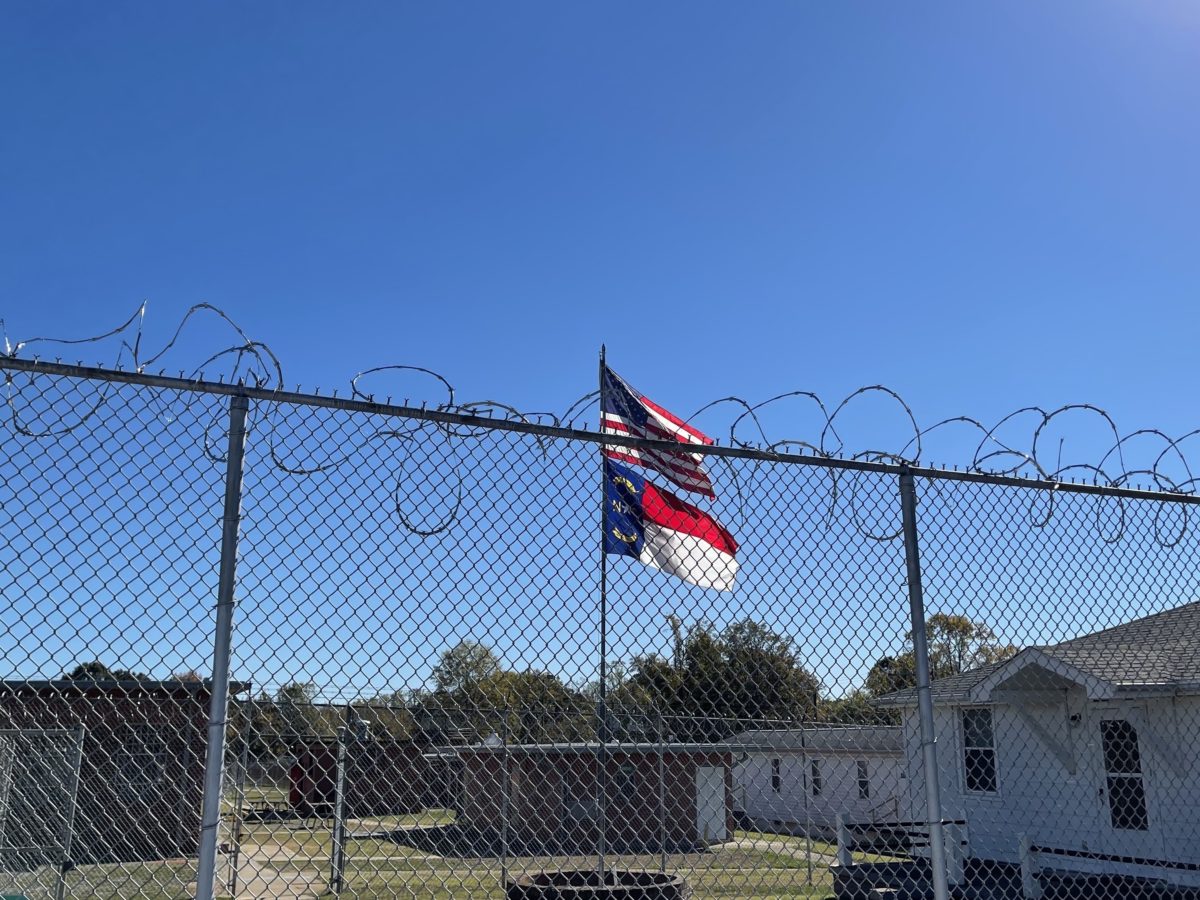

|
|
North Carolina community colleges have a long history of educating inmates with some programs dating back over 40 years.
Cleveland Community College is one of 41 community colleges that provide educational opportunities to incarcerated individuals. According to the North Carolina Community College System, the colleges offer educational programs to approximately 53 facilities across the state.
But Cleveland has an arrangement unlike the other 40 colleges.
In July 2021, the college gained ownership of the Cleveland Correctional Center. The prison closed in 2009 when the state Department of Corrections shut down seven prisons, cutting costs of over $22 million annually. The college started holding classes at the facility after it closed. Two years later, former state Sen. Wes Westmoreland helped pass legislation that would transfer the closed prison to Cleveland Community College. While the transfer process began in 2011, it did not become official until this past year.
Since assuming ownership, the college has made significant changes, including converting solitary confinement cells into welding booths. EdNC visited the site in fall 2021.
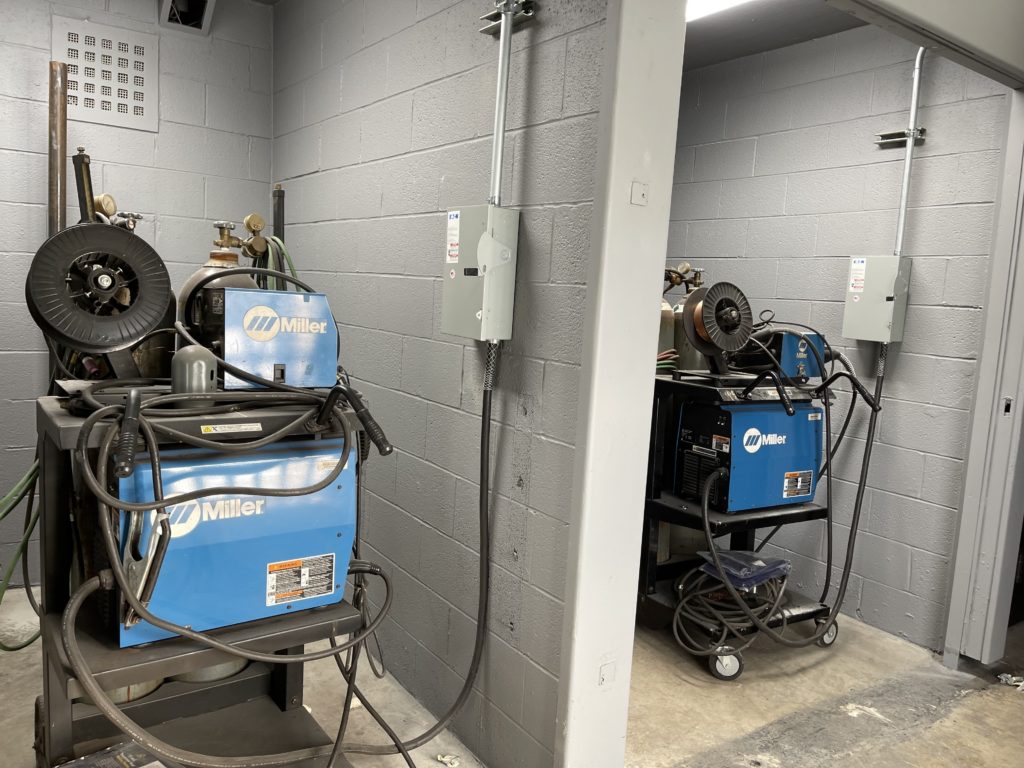

The facility currently houses four educational programs, including plumbing, carpentry, welding, and electrical systems. Dr. Jason Hurst, president of Cleveland Community College, said there are multiple opportunities to expand programs, pointing out the full kitchen that could be used for a culinary program.
Cleveland Community College serves prisoners from Lincoln Correctional Center in Lincolnton. Inmates enrolled in the educational programs are transported from Lincolnton to Cleveland where they receive training from college instructors. The education they receive is identical to that of a traditional community college student.
Once a prisoner completes the one-year program, they earn a certificate from the college. According to Brandon Ruppe, director of customized training at Cleveland Community College, the inmates also receive a National Center for Construction Education & Research (NCCER) certification, which is a nationally recognized trade credential.
Fall 2021 was the first semester inmates were allowed to return to the facility since the beginning of the pandemic. In 2020, N.C. Department of Public Safety (NCDPS) suspended all face-to-face instruction in prisons. The state did, however, allow for alternative learning, and inmates were able to complete bookwork.


Electrical training stations. Emily Thomas/EducationNC 

Model built by inmates. Emily Thomas/EducationNC 
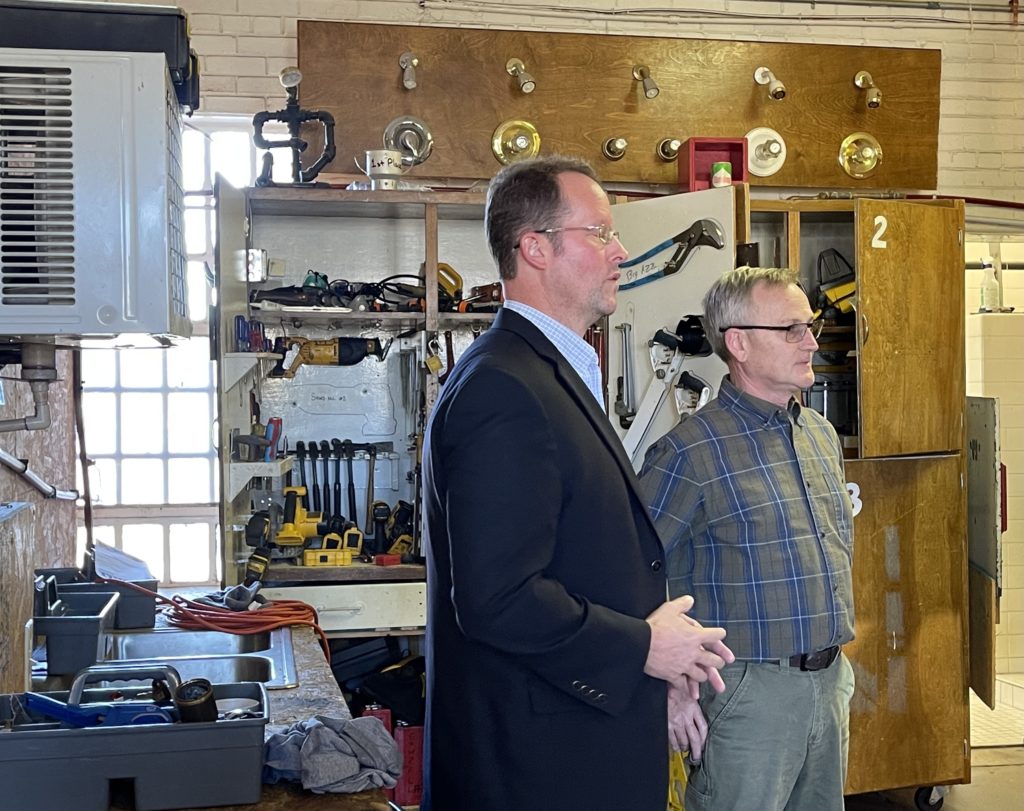
Dr. Jason Hurst and CCC instructor. Emily Thomas/EducationNC 
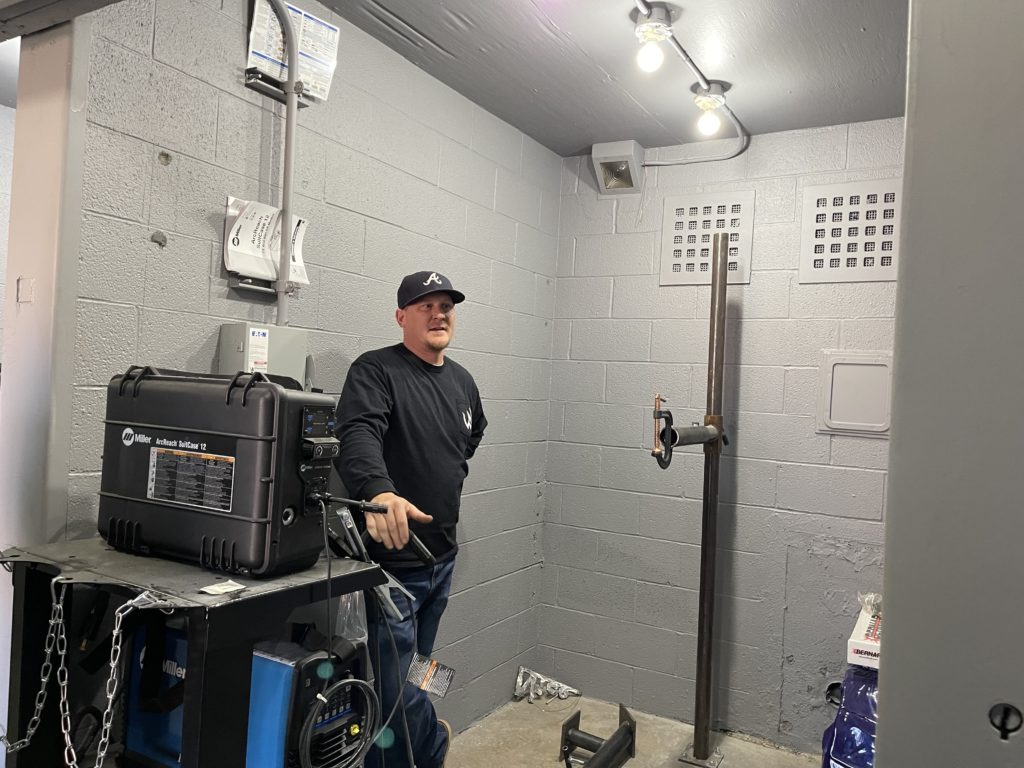
Wes Upton, welding instructor and department chair of prison programs,
explains upgrades the college continues to make to the prison. Emily Thomas/EducationNC
Ruppe said when COVID is not an issue, there are up to 68 inmates onsite at the facility. He hopes when classes resume at the end of January that they’ll be able return to normal student capacity.
And that’s partly because of the impact these educational programs have on inmates.
A 2013 meta-analysis by RAND Corporation concluded that inmates who participated in educational programs had 43% lower odds of recidivating. And the odds of obtaining employment after their release increased by 13% among those who participated in educational programs.
But the reentry process can still be a pain point for many formerly incarcerated individuals.
On March 30, Cleveland County will host a Prison to Community Simulation that will provide community partners a look at what people encounter when they are released from prison.
“These events are incredibly eye-opening to the struggles that people face when released from the prison system,” Ruppe said.
The event is being sponsored by STI Fabrics in Kings Mountain in partnership with Cleveland County Chamber and NCDPS.
What’s new at Cleveland Community College
The prison is just one new addition to Cleveland Community College.
Beginning in fall 2022, the college will offer its first-ever standalone nursing program.
For three decades, Cleveland Community College has been part of the Foothills Nursing Consortium (FNC) with two other community colleges, Isothermal and McDowell Technical. Students in the consortium complete classes at all three sites during their program.
The consortium was originally started so that all three colleges could combine resources and share costs in hopes of improving the quality of their nursing programs.
But Hurst said the consortium has created barriers for students through the years. And eliminating those barriers was one of the reasons Cleveland Community College opted to pursue a standalone program.
“Our students, depending on where they live in Cleveland County, could end up having to drive an hour to go to McDowell classes,” Hurst said. “And in some cases, they had to do clinicals in those areas.”
The distance and lack of consistent transportation for some students proved to be a challenge.
Another reason was the number of students Cleveland could admit to the program. Hurst said that with the standalone nursing program, the college will be able to admit even more students than they previously had while in the consortium.
In preparation for the new program, and because COVID created challenges at clinical sites, the college purchased new equipment for their health sciences program and first responders’ training. The new equipment gives realistic health care experiences while students remain on the college’s campus. Some of the equipment include a portable X-ray machine, several high-fidelity and mid-fidelity mannequins, and a HoloLens that uses virtual reality to provide an immersive look inside the human body.
This will be the last year of the consortium with 2023 being the final graduating class. All three colleges will begin enrolling students in standalone nursing programs starting fall 2022.
Cleveland Community College also upgraded their Basic Law Enforcement Training (BLET) program.
BLET purchased an interactive training program that provides a simulation environment for trainees. Trainees experience everything from traffic stops to domestic violence situations to suspect searches.
In the Paksoy Technology Center, floor-to-ceiling screens cover one room. An instructor is located at the back of the room behind a computer where they control the scenarios trainees encounter. As trainees interact with the people on screen, the instructor chooses whether to escalate or deescalate the situation based on the trainees’ interactions, questions, and responses to those on the screen.

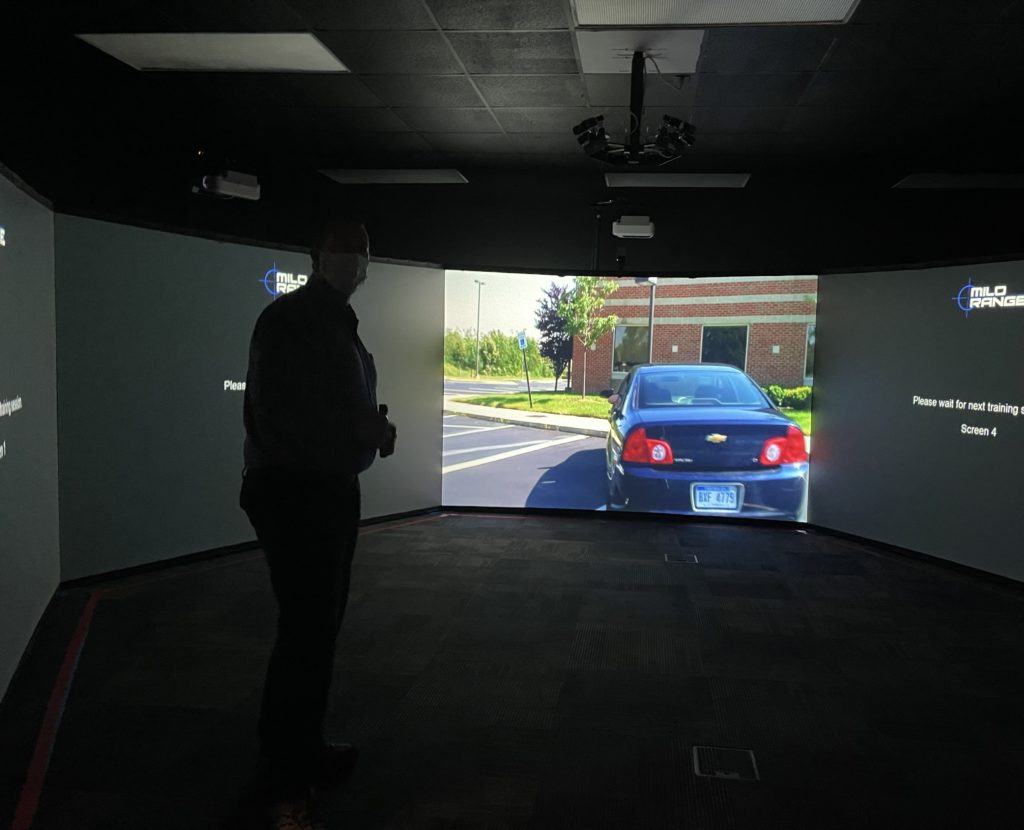
Traffic stop training scenario. Emily Thomas/EducationNC 
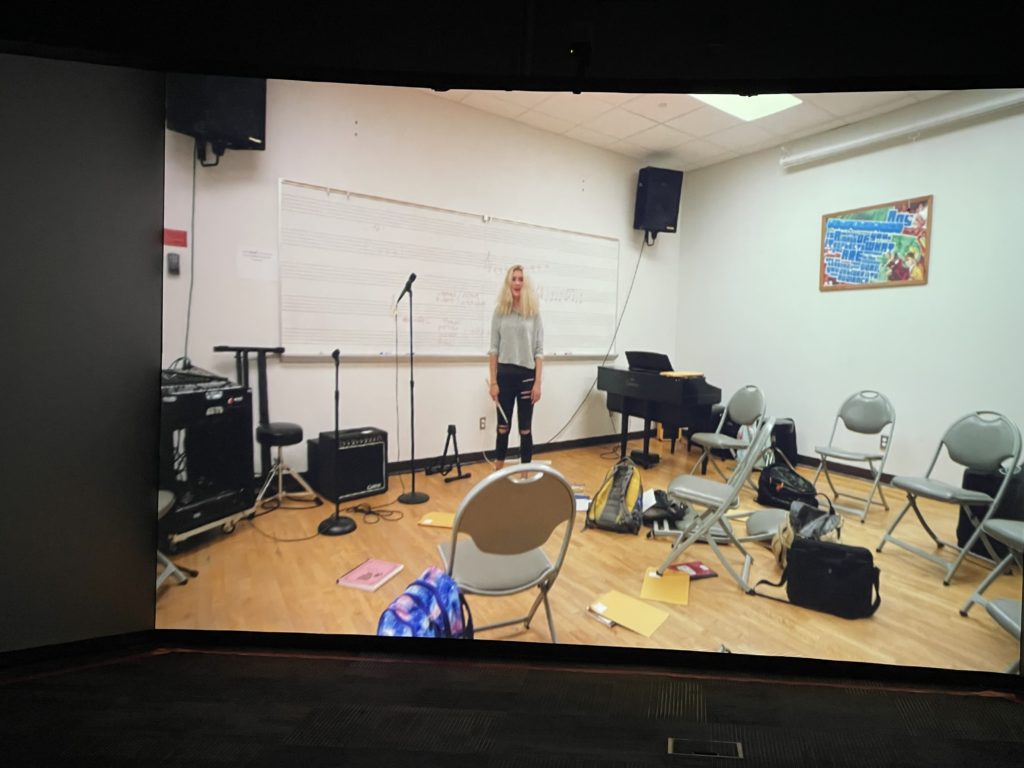
Training scenario. Emily Thomas/EducationNC
Instructors use the scenarios and the responses of trainees as a learning tool for the class. The exercises help trainees understand body language, deescalate situations, and make decisions quickly.
Trainees also use a simulator to learn tactical driving skills before getting behind the wheel.
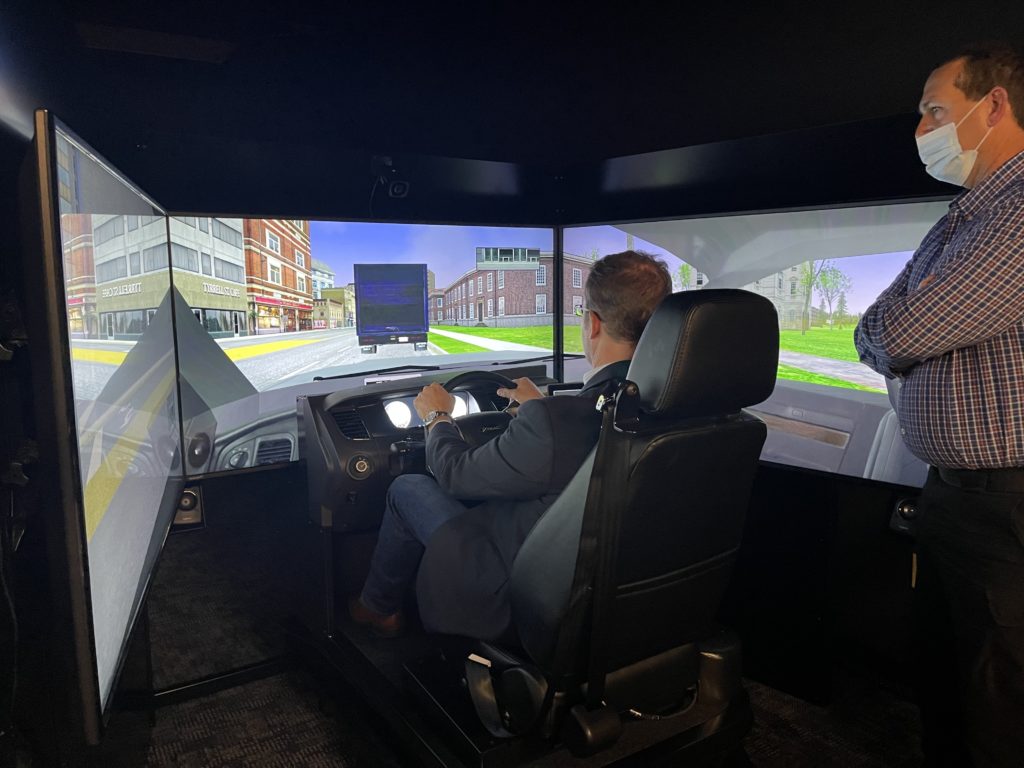

According to Aaron Vassey, law enforcement training coordinator at Cleveland Community College, the interactive technology is not just for BLET students. Current law enforcement can use the equipment for additional training.
Looking ahead
EdNC interviewed Hurst in early 2021. He had just been named North Carolina Community College President of the Year, and we discussed everything from leading during a pandemic to the college’s new mascot.
During our interview Hurst said:
“I think daily we struggle to change the image of community college and what that means to moms and dads and high school students – and that is not less than. It’s a great path forward – whether you want to move on to a university or move directly into the workforce.”
Dr. Jason Hurst, Cleveland Community College president
In a recent interview with a local reporter, Hurst said he is committed to enhancing the college experience for students.
Part of those enhancements include upgrades to the classrooms, library, and the Yeti Cafe to make them more student friendly.
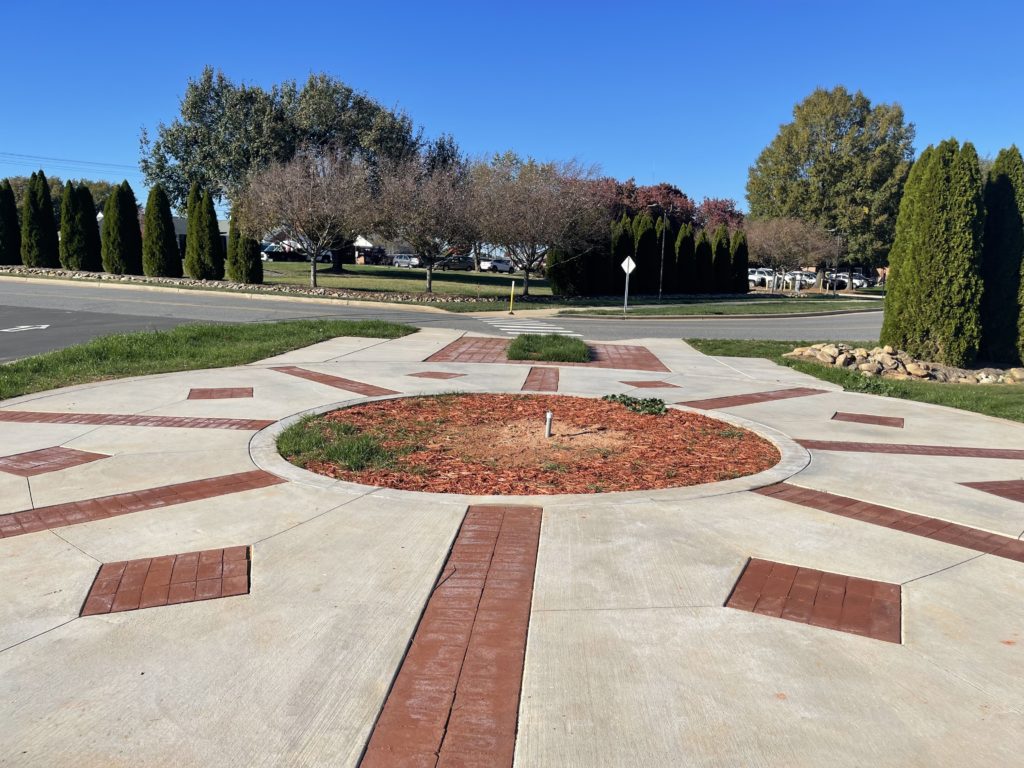

The college also added an athletics park, where the school’s mascot will eventually stand near the center.
In 2019 the college opened an online poll and let the community decide its new mascot. With 2,100 votes, Cleveland Community College’s official mascot became the Yeti.



